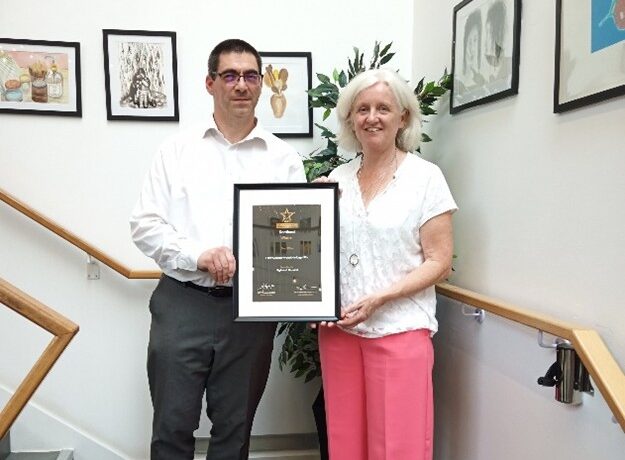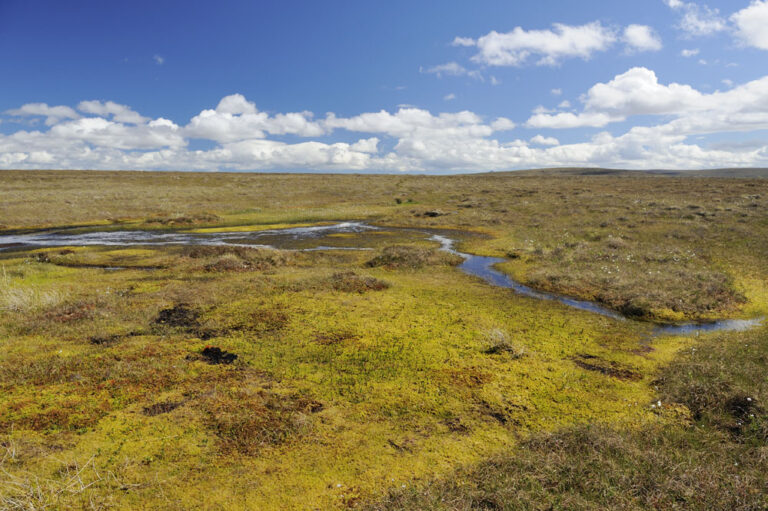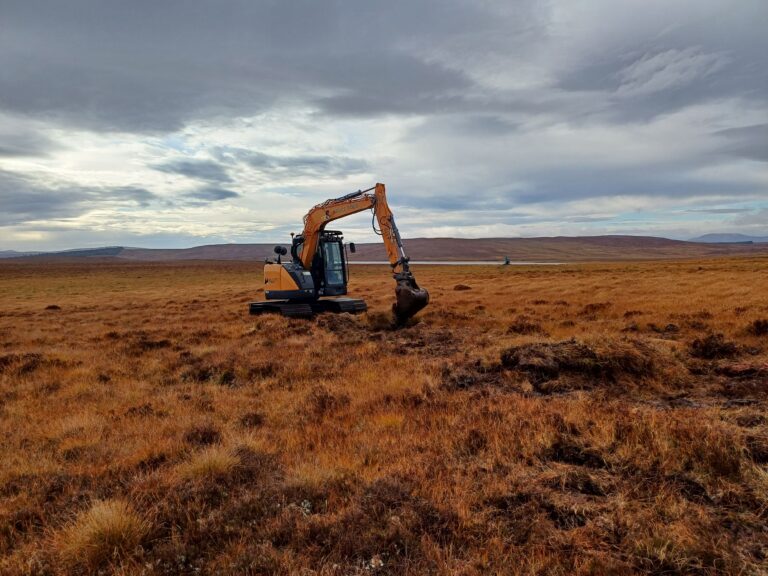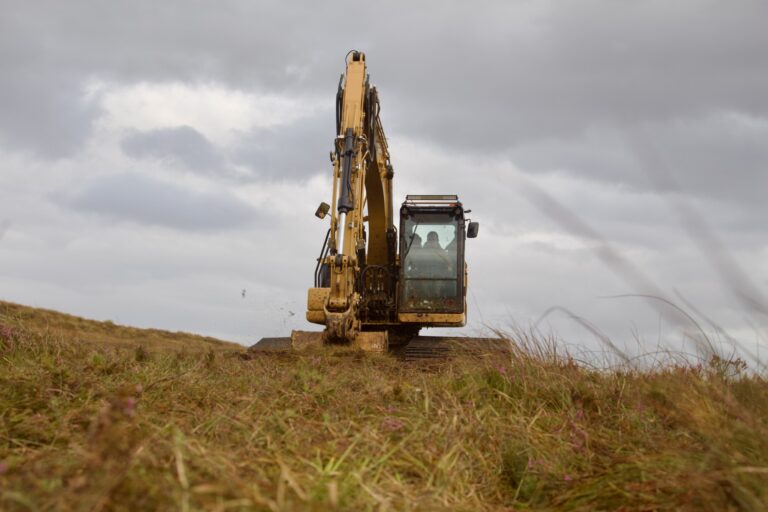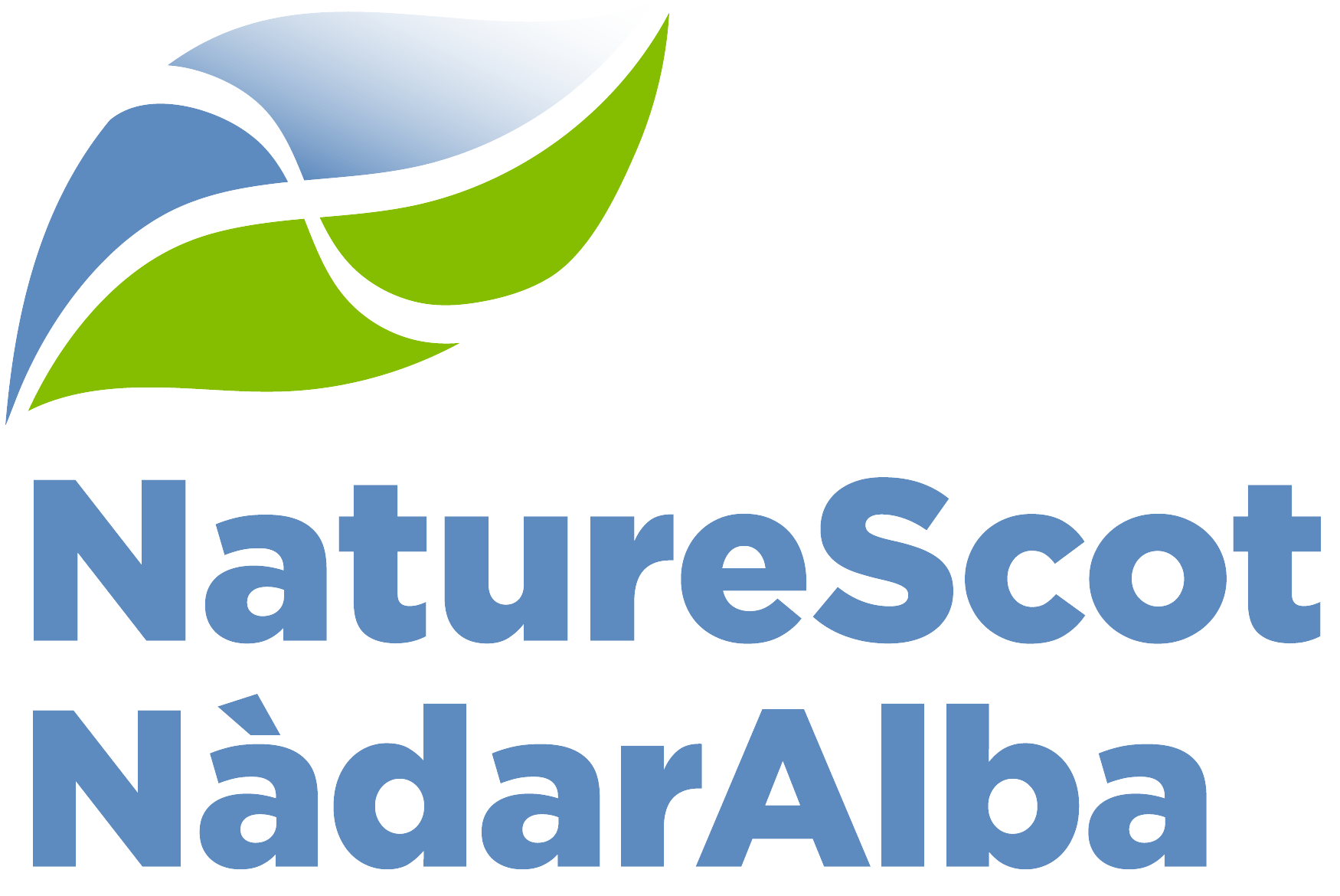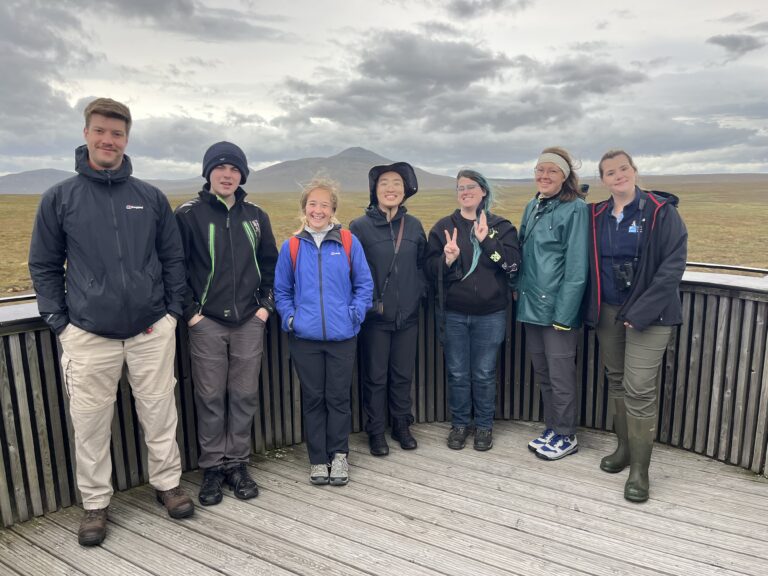
Flow Country welcomes international volunteers as part of UNESCO Initiative
We welcomed a group of young people from the UNESCO World Heritage Volunteers Initiative this month, read on to hear about their visit to the Flow Country, the first peatland World Heritage Site.
What is the World Heritage Volunteers Programme and how does the Flow Country fit in?
The World Heritage Volunteers programme exists within the framework of the UNESCO World Heritage Education Programme which aims to mobilise and involve young people in World Heritage preservation and promotion.
The Flow Country was inscribed as a World Heritage Site at the end of July, meaning that the arrival of our international volunteers in August was perfectly timed as a celebration of inscription! Especially just a couple of weeks shy of a visit from His Majesty King Charles III to celebrate the hard work of everyone involved in the World Heritage Site bid thus far.
The Flow Country, in the North of Scotland, is widely considered to be the best example of blanket bog in the world. Together with associated areas of heath and open water, it is of international importance as a habitat for a diverse range of rare and unusual breeding birds.
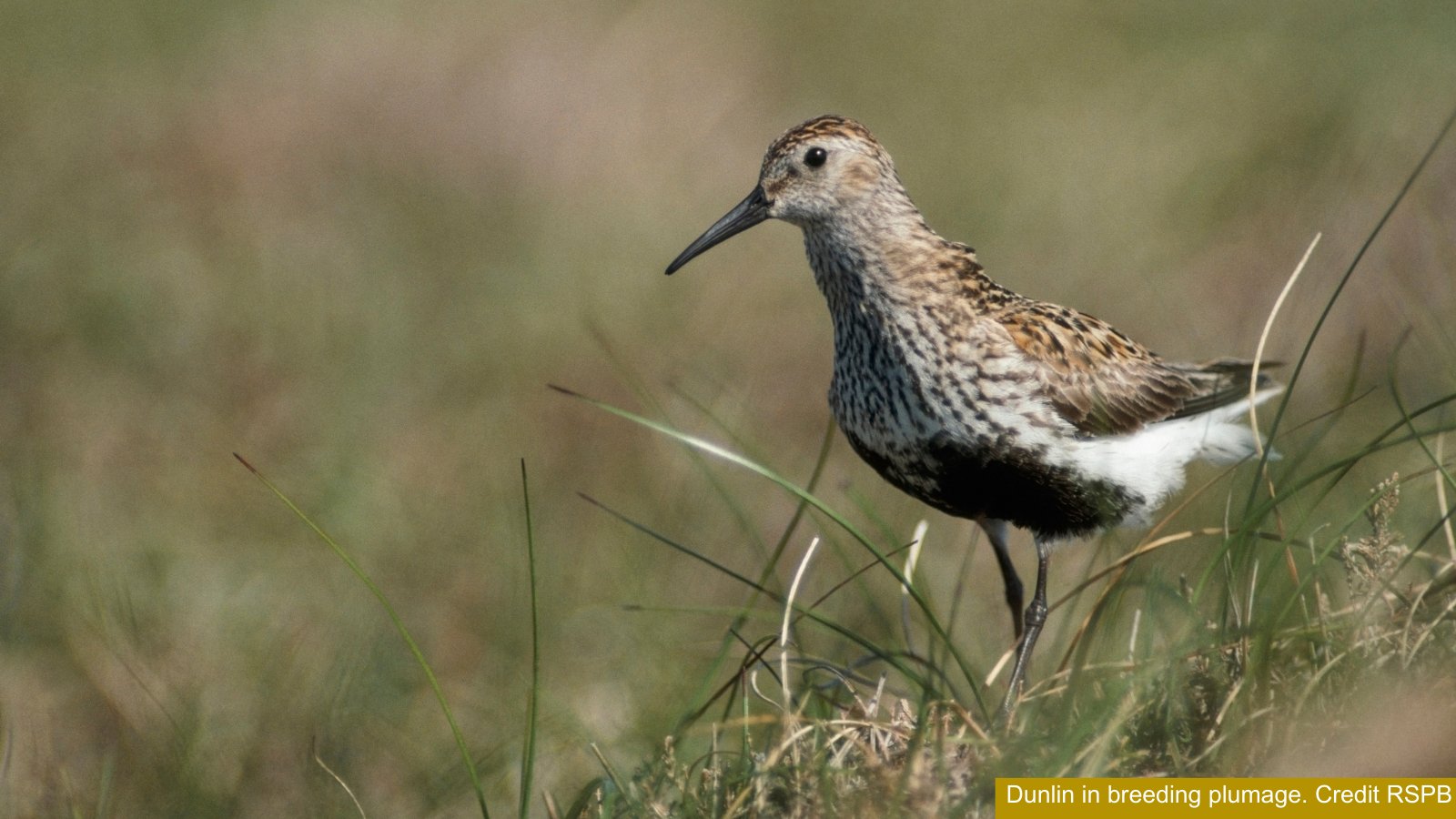
Through participation in the programme, we wanted to introduce young people from various backgrounds to The Flow Country peatlands, offering educational opportunities for international volunteers and raising awareness on both local and national stages of this incredible place.
What did we do?
Our programme welcomed teams of volunteers from a range of countries including Australia, Germany and the USA, and gave them the opportunity to experience the Flow Country first hand through a variety of activities. We combined hands-on restoration work of the Flow Country blanket bog and associated habitats, with community engagement and education activities.
One of the key restoration tasks that the volunteers participated in was regenerating conifer control, a task where non-native self-seeding saplings are removed from the bog, preventing further damage to the peatland landscape. This is a mammoth undertaking each year in places like the Forsinard Flows nature reserve and with the help of the World Heritage Volunteers, we removed over 10,000 trees in 2 days!
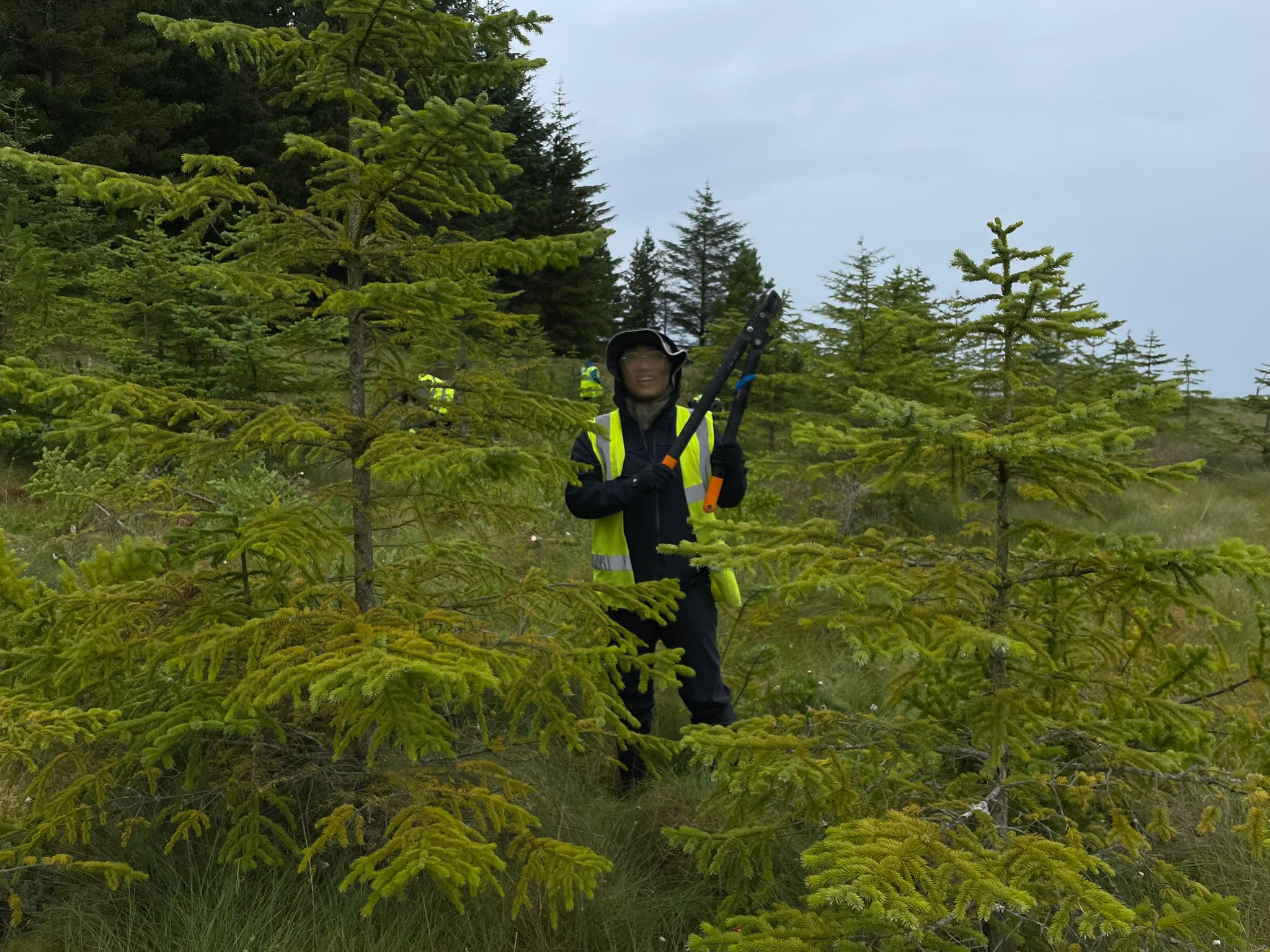
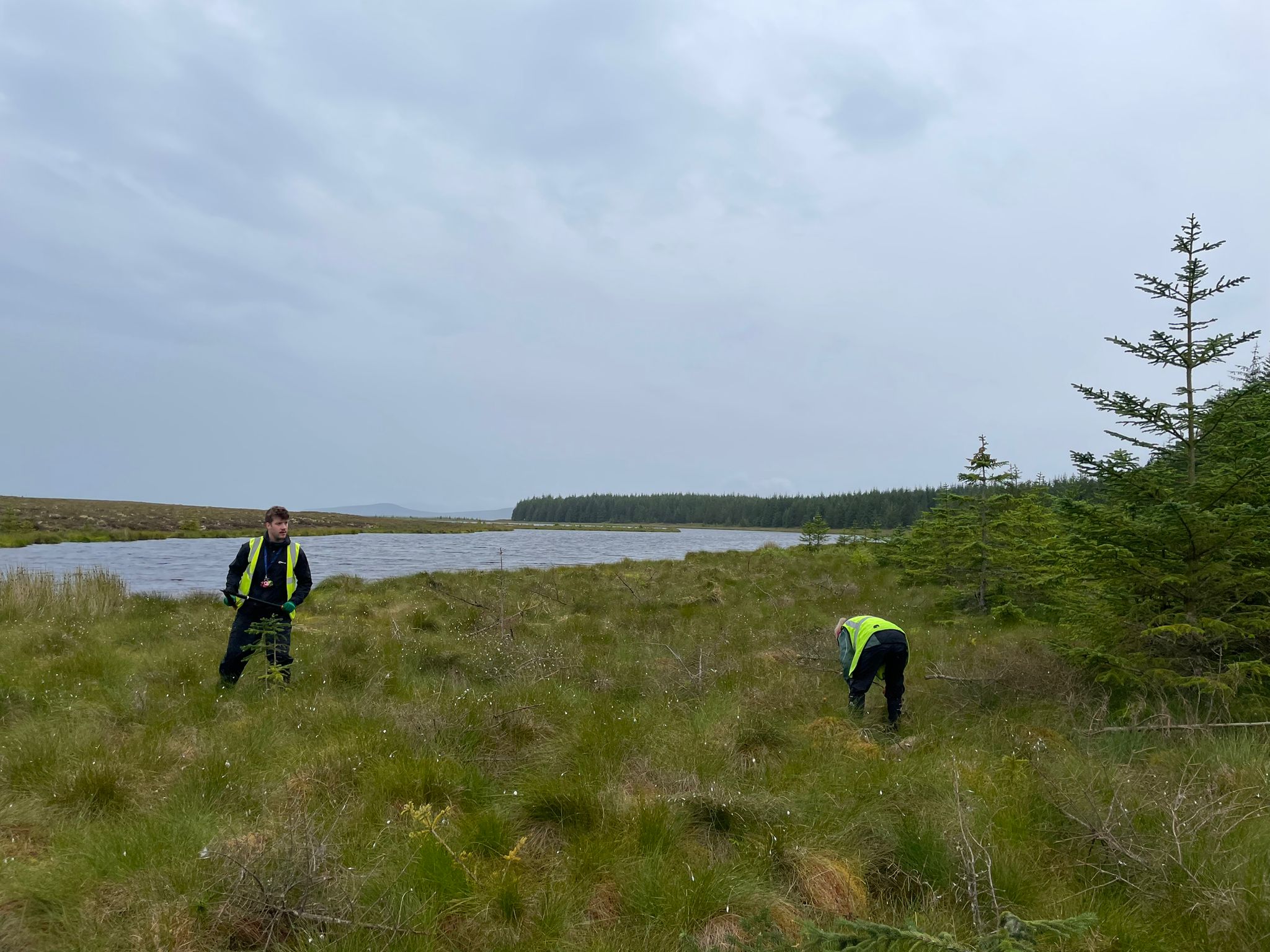
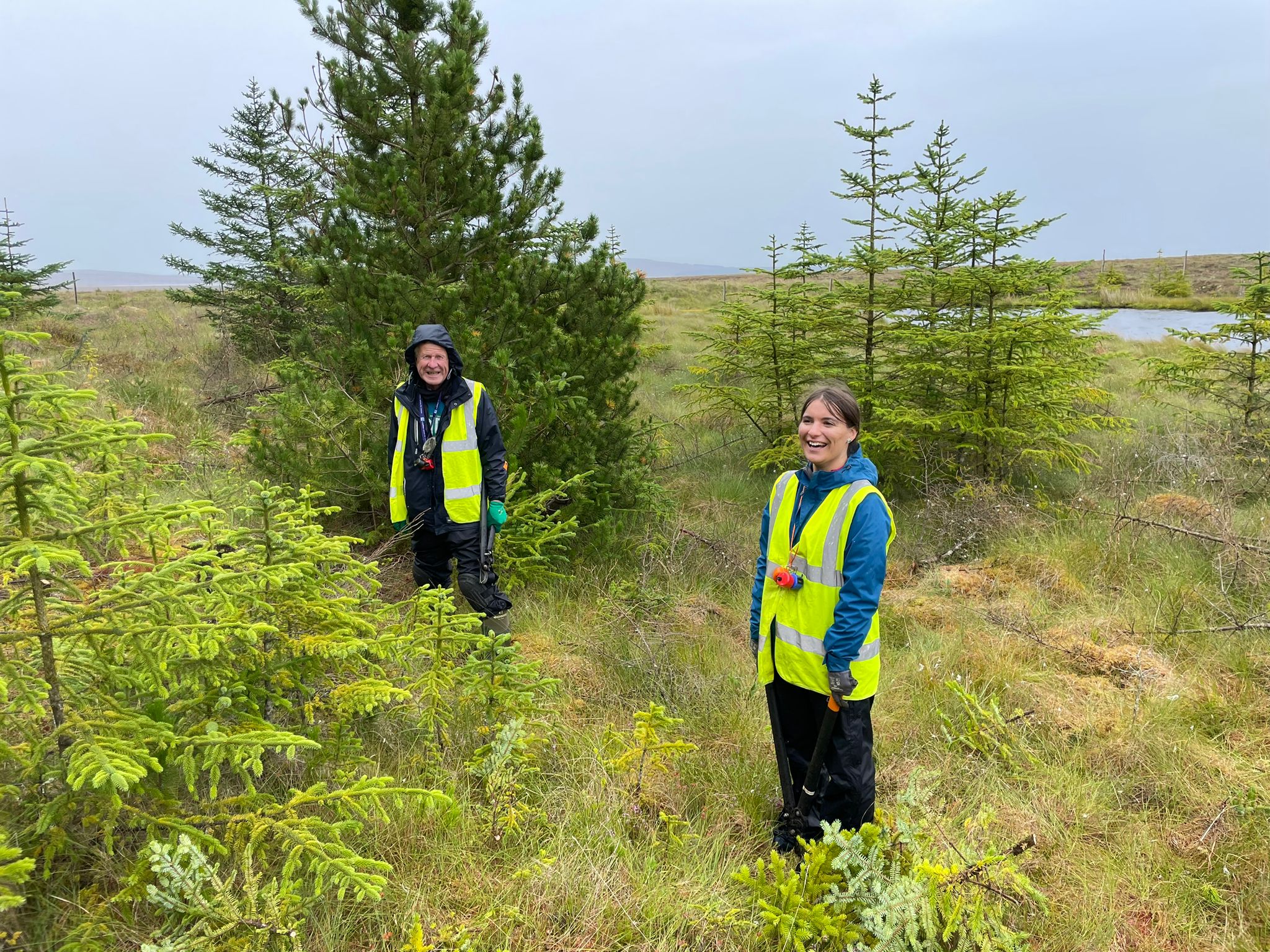
Another important task we undertook was vegetation control around archaeological sites, specifically the Borg and Nybster brochs. Removing vegetation helps to prevent damage to the structures and allows visitors to explore the sites clearly. We covered lots of ground on the day (as you can hopefully see from the photo) and it was a brilliant opportunity to learn about the Iron Age Flow Country inhabitants from folks at the Caithness Broch Project.
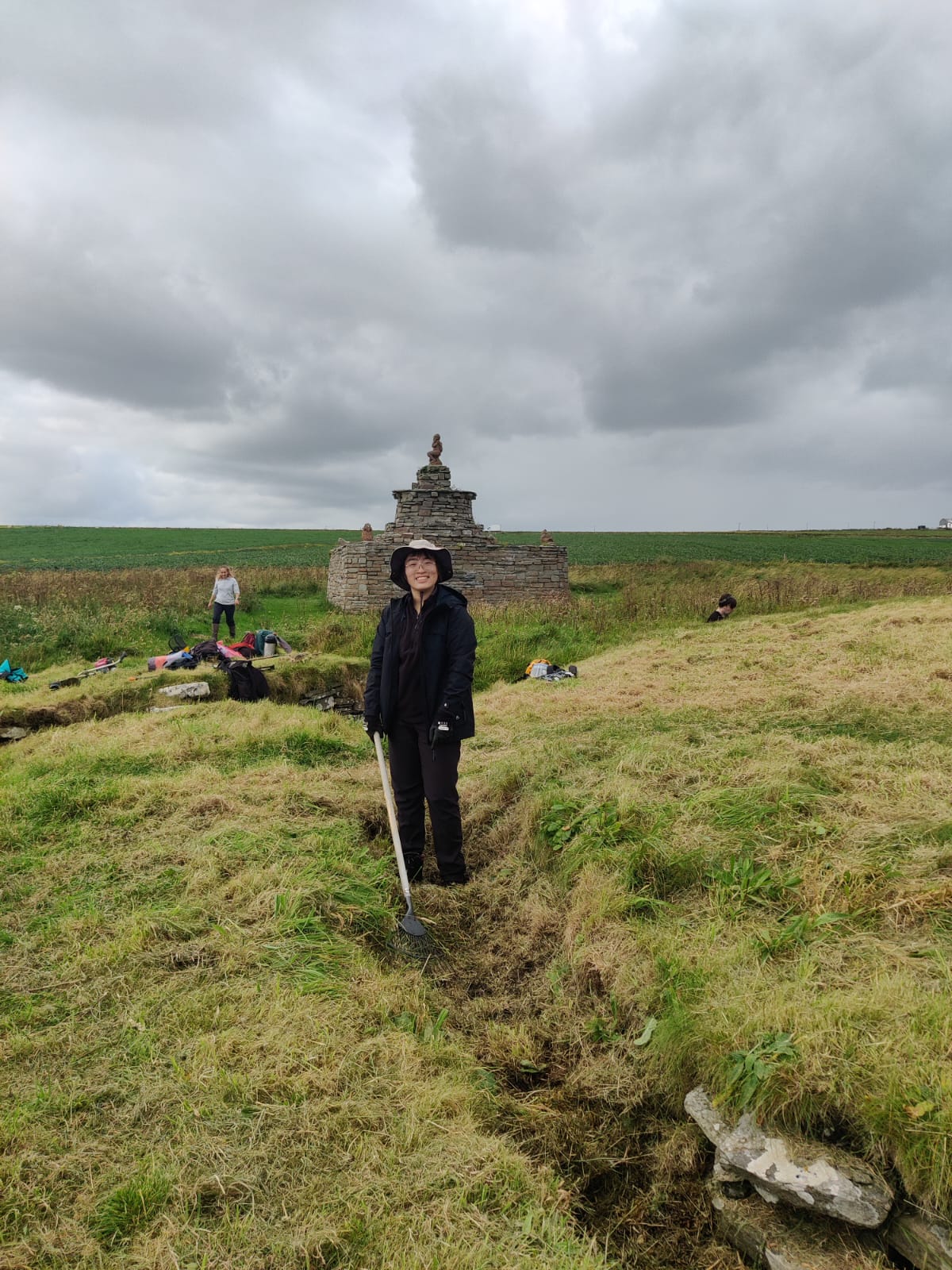
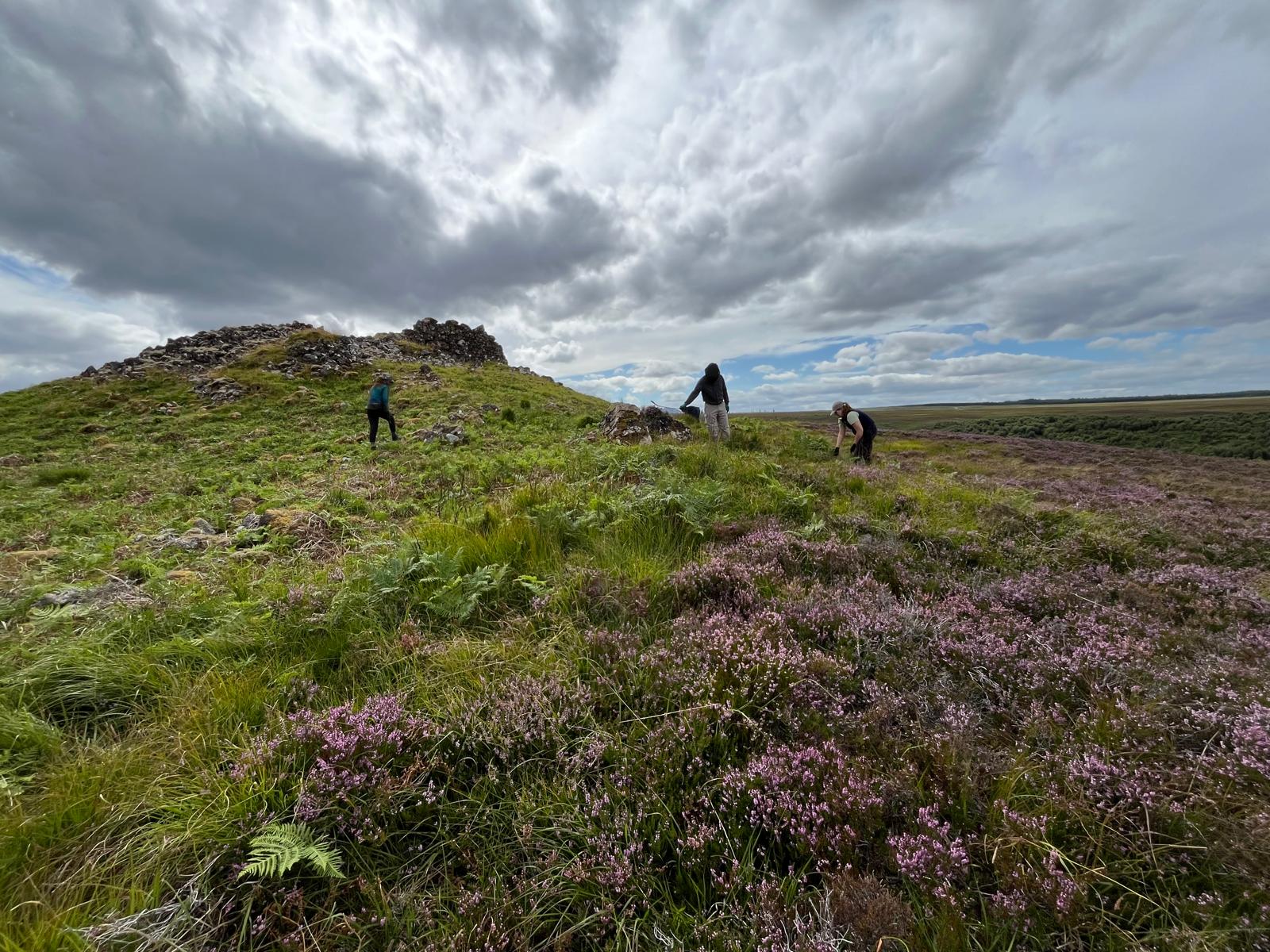
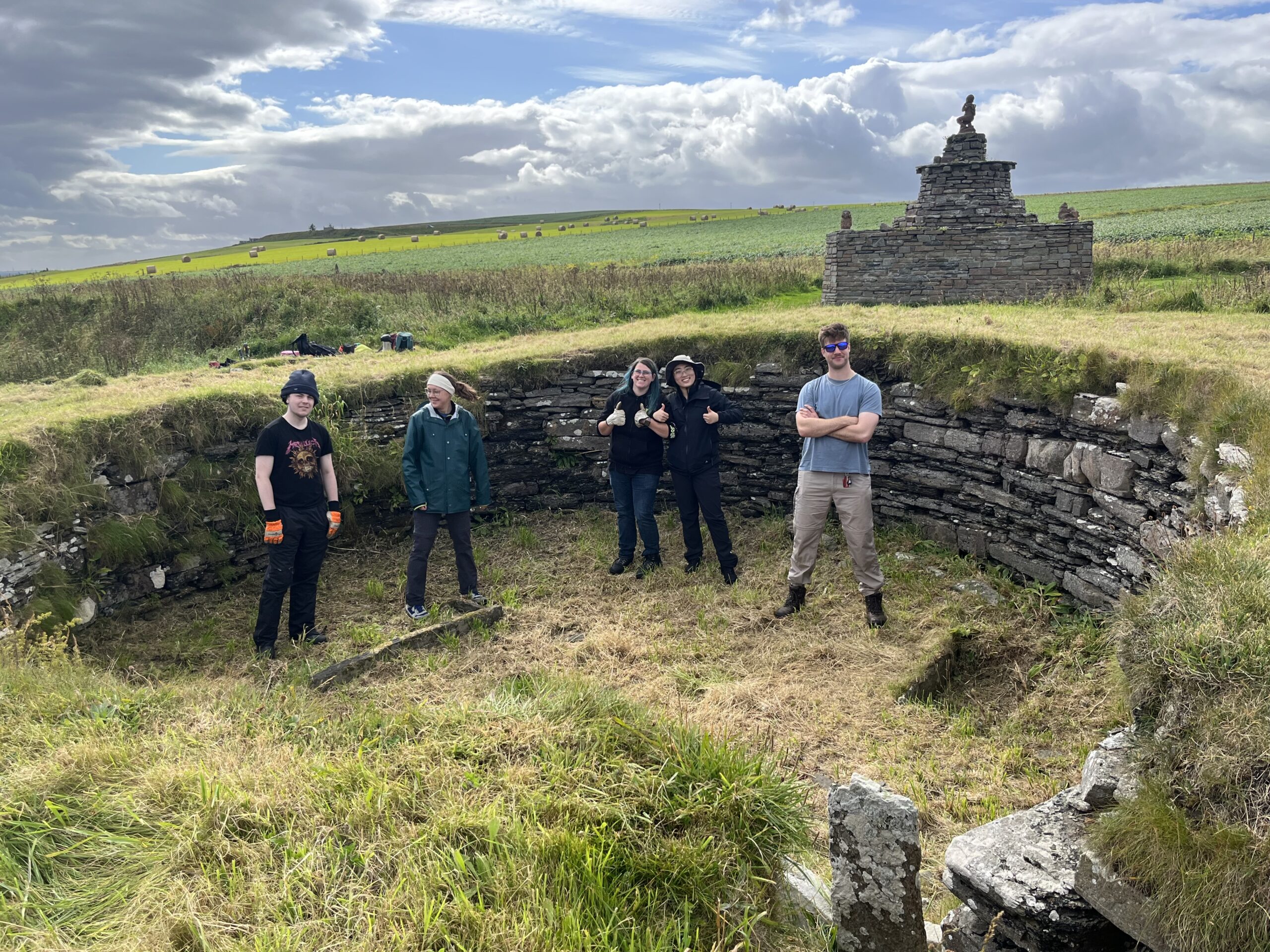
The volunteers were also able to take part in native tree tending of riparian woodland projects along the straths (river valleys), helped with ditch clearing at local community conservation projects, identified bog moth species and carried out a bat walk! We were lucky enough to also participate in a Species on the Edge North Coast project involving bog yoga, a relaxing Flow in the most incredible blanket bog landscape.
As well as ensuring the volunteers had the opportunity to see and explore the various ecosystems, landscapes and species of the Flow Country, learning about and hearing from the people, past and present, of the Flow Country, was equally important. We visited the Strathnaver museum, learning about the history of the area and in particular the Sutherland clearances, a brutal period in the areas past, and the crofting way of life past and present. We also visited Armadale farm, to learn from crofter Joyce who is leading the way with sustainable crofting methods in the Flow Country and carrying out peatland restoration on her land.
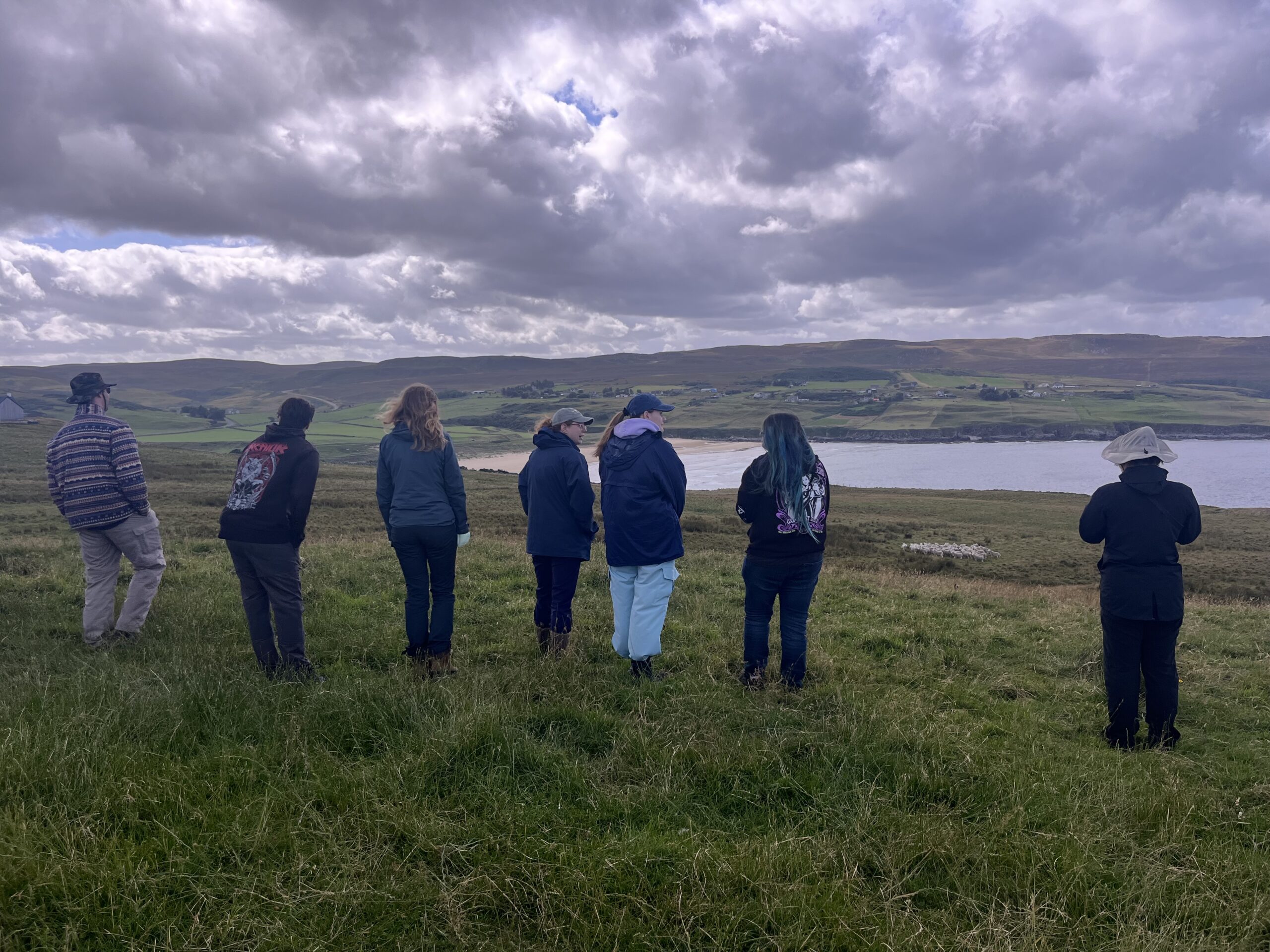
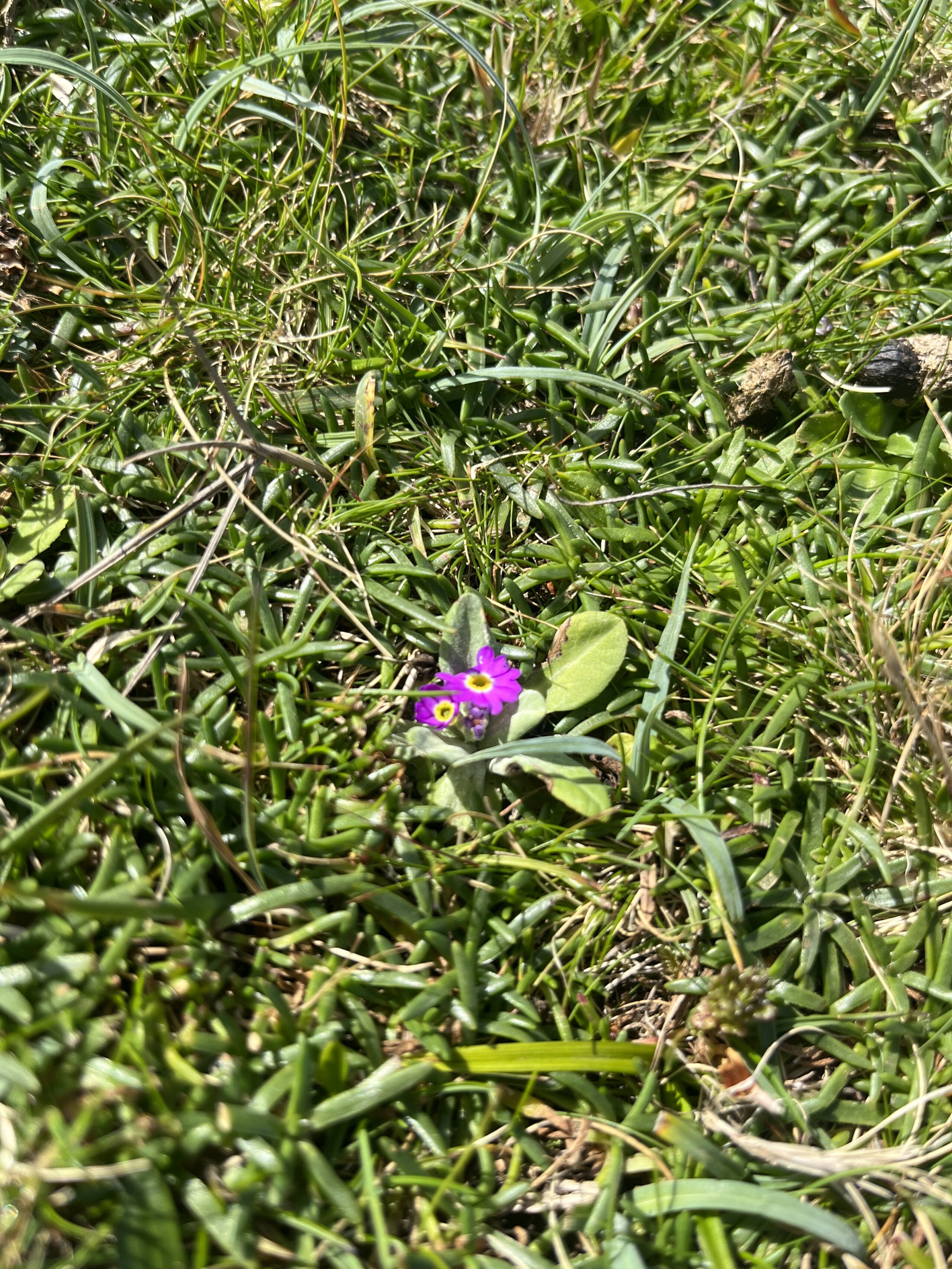
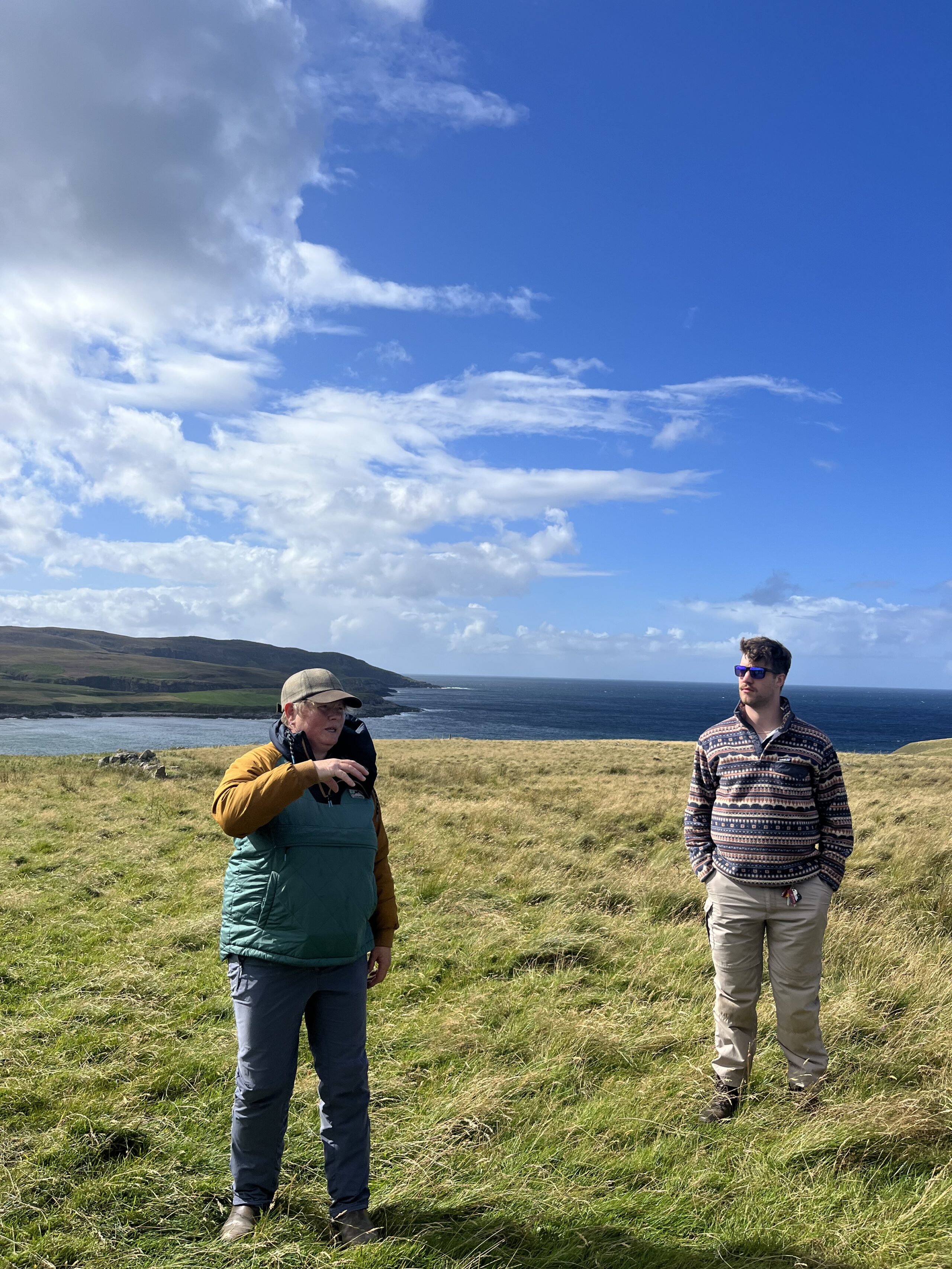
What next?
Now that we’ve said goodbye to our World Heritage Volunteers, we’ll be continuing to work with the local community to ensure that the Flow Country World Heritage Site is managed for everyone; people, climate and nature. We’ll be working with community members, landowners and business owners to further develop our management plan to protect the sites natural habitat and rare species, whilst creating a supported and resilient local community.
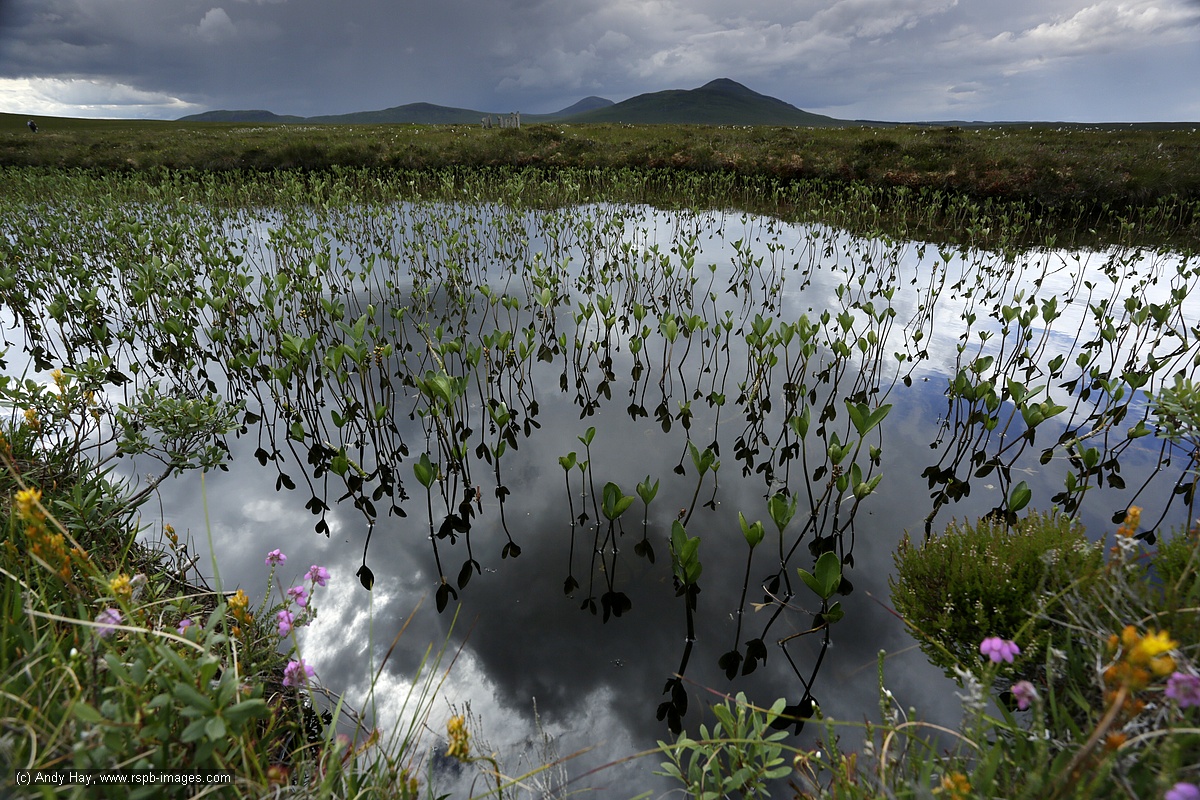
If you’re interested in volunteering in the Flow Country, you can get in touch with the Forsinard Flows reserve at [email protected] for current opportunities.


